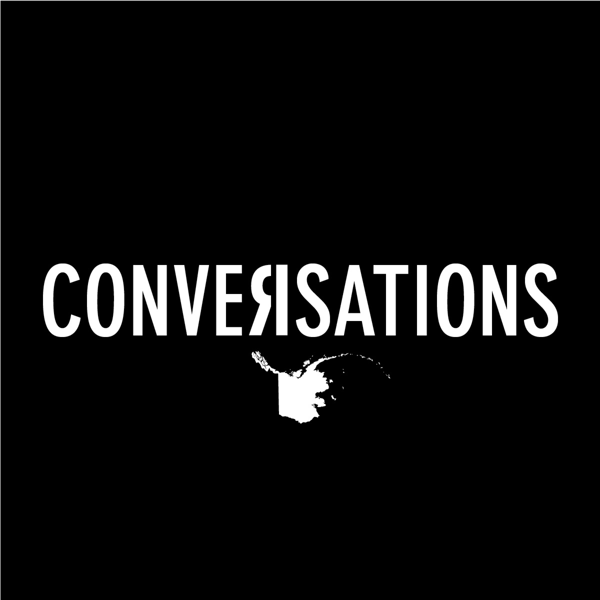EP 152 Exonerating Alaskans with Jory Knott
Crude Conversations
crudemag
5 • 884 Ratings
🗓️ 20 May 2024
⏱️ 62 minutes
🧾️ Download transcript
Summary
Transcript
Click on a timestamp to play from that location
| 0:00.0 | Welcome to the show. In this one I talked to Jory Nott. He's the executive director of the Alaska Innocence Project. |
| 0:20.0 | The Alaska Innocence Project started in 2008 under the direction of Bill Oberley, and it took seven years for them to get their first exoneration. |
| 0:31.0 | It was the Fairbanks Four case in which four Alaska |
| 0:35.1 | Native men were wrongly convicted of murder and subsequently spent 18 years |
| 0:39.9 | in prison. Jory says that that case involved a number of factors that led to a wrongful conviction, |
| 0:48.0 | including eyewitness misidentification, incentivize witnesses, confirmation bias, racial animus, misconduct, and bad science. |
| 1:00.4 | This was the case that Guy Jory interested in working with the Innocence Project. |
| 1:04.0 | He was an intern then, but made the decision to go to law school so that he could work there full time. |
| 1:16.4 | This podcast is made possible through the generous support of The crude magazine Patreon subscribers. If you already subscribe to the crude magazine |
| 1:21.3 | Patreon, thank you. For those listeners who aren't, |
| 1:24.8 | please consider subscribing at Patreon.com slash crude magazine. |
| 1:30.6 | That's Patreon.com slash crude magazine. |
| 1:35.0 | I want to think the subscription tier that works for you. |
| 1:39.0 | I want to thank everyone subscribed at the company man tier. |
| 1:42.0 | These are the people who have |
| 1:43.8 | subscribed to the crude Patreon for $50 or more. Trina Dober. Seward |
| 1:49.8 | Brewing Company. The Grind Coffee Shop in Juno, Derek Adolf, Sharon Liska, Jake Liska, |
| 1:59.4 | Alaska Surf Adventure, and borderline legacy. Thank you to all the Patreon subscribers. |
| 2:06.4 | Your money and your support make these conversations possible. |
| 2:10.9 | You can also support this podcast with a one-time payment at |
| 2:14.0 | Buy Me a Coffee.com slash crude magazine. |
| 2:18.0 | That's Buy Me a Coffee |
... |
Please login to see the full transcript.
Disclaimer: The podcast and artwork embedded on this page are from crudemag, and are the property of its owner and not affiliated with or endorsed by Tapesearch.
Generated transcripts are the property of crudemag and are distributed freely under the Fair Use doctrine. Transcripts generated by Tapesearch are not guaranteed to be accurate.
Copyright © Tapesearch 2025.

